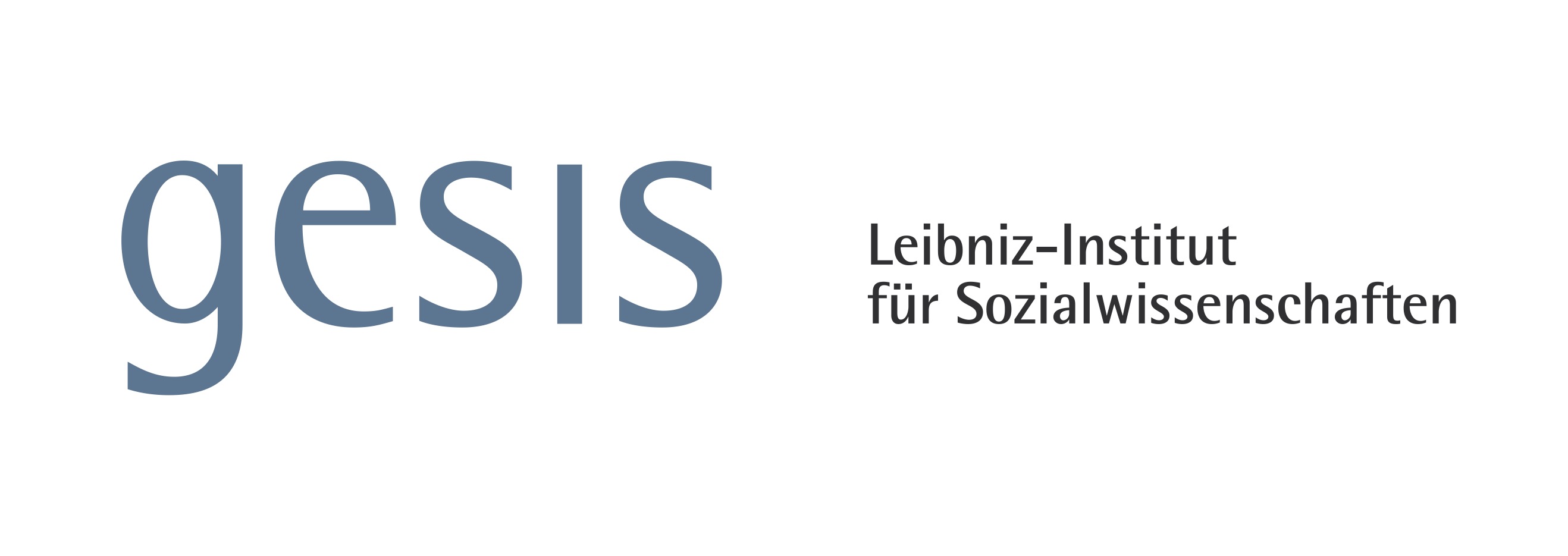Implications of digitalization for qualification, workplace design and employment
GESIS - Leibniz-Institut für Sozialwissenschaften
Background
The interaction between technological innovation, production paradigms and changing job tasks and how the actors relate to their working environment have been a focus of research in industrial sociology and the sociology of work since many decades. Despite the diverse perspectives, studies agree that in the context of digitalization and the reintegration of job tasks into more holistic work processes, job-related tasks and qualification requirements are undergoing significant change. This trend of changing jobs and qualifications under conditions of technical innovation can be shown for technical areas as well as for production and services.
Against these findings, the research project examines the implications of digitalization for workplace design, qualification and employment, using the logistics and health sectors as examples. Both service sectors have been growing significantly in recent years, thereby having gained significance in economic terms as well as for society in general. Both sectors are foreseen to grow substantially in the future with great potentials of digitalization.
Research question
The project investigates the diffusion and implementation processes of digital technologies and the implications for qualification requirements, workplace design and employment, thereby considering sector- and domain-specific aspects. Based on a systematic analysis, the aim is to forecast future workplace and work process changes as well as related changes in the qualification and skill requirements of specific labour market segments.
To achieve this goal, four questions have been developed to (1) determine the framework conditions for the implementation of digitization at work; (2) specify the role of the individual in the transformation process under aspects of interaction with technology; (3) assess the restructuring effects of digital technology on work processes and skill profiles and related qualification requirements; and (4) identify operational and organizational rationalization logics in relation to the introduction and use of digital technologies and what this means for the deployment of human resources.
Approach
Methodologically, the project applies a combination of qualitative and quantitative methods, and covers micro (employees), meso (firms, sector) and macro (labour market) level perspectives and analyses. The chosen mixed methods approach includes sector and labour market studies based on quantitative methods including descriptive secondary data analyses and online surveys as well as qualitative methods covering expert interviews, workplace observations and interviews with employees to collect data to develop company case studies.
In addition, the sector-specific approach will support the forecasting of future workplace and work process changes and related qualification and skill requirements for selected labour market segments. The systematic sectoral comparison will allow to develop cross-sectoral perspectives that can inform possible future overall labour market and skilling trends in the context of digitalization.

Prof. Dr. Reinhard Pollak
GESIS – Leibniz-Institut für Sozialwissenschaften
Abteilung Dauerbeobachtung der Gesellschaft
Dr. Alice Melchior
GESIS – Leibniz-Institut für Sozialwissenschaften
Abteilung Knowledge Exchange & Outreach
Sebastian Schongen
GESIS – Leibniz-Institut für Sozialwissenschaften
Abteilung Dauerbeobachtung der Gesellschaft


